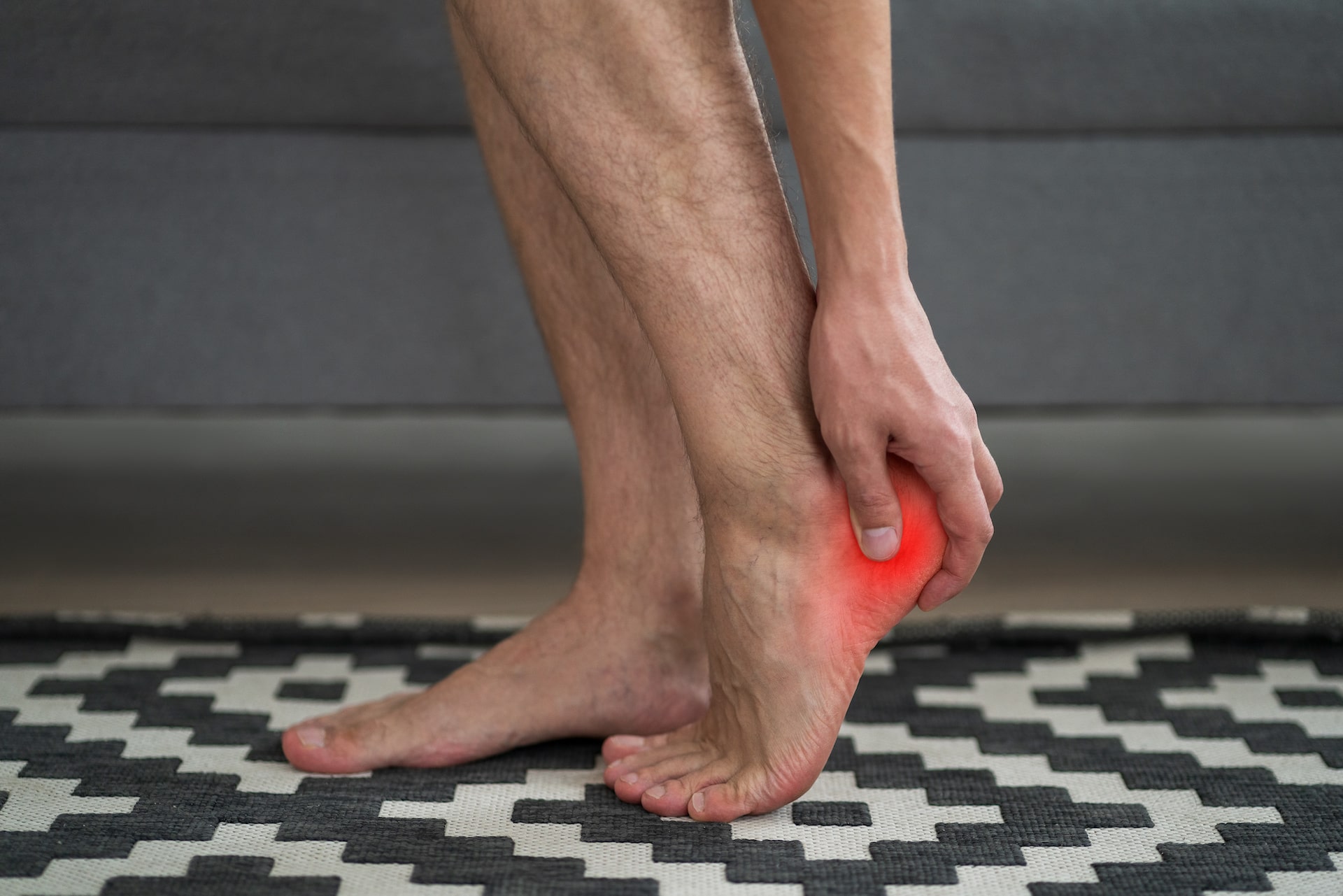1. Your feet offer clues about other illnesses and conditions
Foot pain, tingling, and numbness are often early signs of type 2 diabetes, nerve disorders, vitamin deficiencies, and other conditions. Additionally, wounds on your feet that don’t heal could indicate the presence of diabetes or peripheral artery disease (PAD). High blood pressure, often called a “silent killer” because it exhibits no obvious symptoms, can cause foot cramping and changes in the color or temperature of your feet. If your feet hurt or tingle without an obvious cause, or you have wounds that aren’t getting better, see your podiatrist to rule out any underlying issues and to get the treatment you need.
2. Foot pain can lead to back, hip, and knee pain
When your foot hurts, you may change the way you walk — whether consciously or not. When you modify your gait to avoid putting weight on the sore foot, other muscles and bones in your body are affected, too. Your body’s complex musculoskeletal system is all connected, and when your walk is “off,” you may end up putting stress on one hip, one knee, or part of your back. Before you know it, that sore foot has turned into a sore leg or back. Don’t wait for it to get worse. Call your podiatrist to get your foot pain evaluated so the rest of your body can get back in balance, too.
3. When your feet hurt, you’re less active
This may seem obvious, but many don’t realize how missing out on beneficial everyday activities can negatively impact their health. You may choose the elevator instead of the stairs, or skip your usual lunchtime walk. Even these short bouts of exercise can add up to health benefits. But if you’re dealing with foot pain, you’re less likely to get up and move. Additionally, people who don’t exercise tend to weigh more, and being overweight can exacerbate foot problems, leading to a vicious cycle. Being overweight puts you at a higher risk for osteoarthritis, inflammation of the plantar fascia, heel pain, and other health problems.



